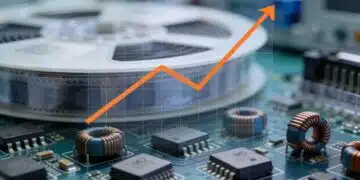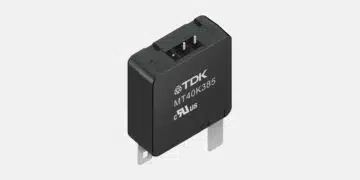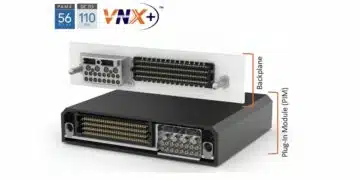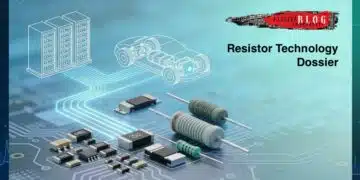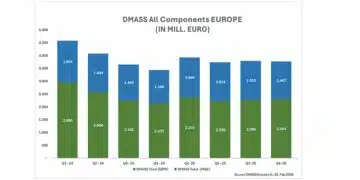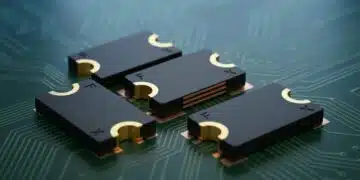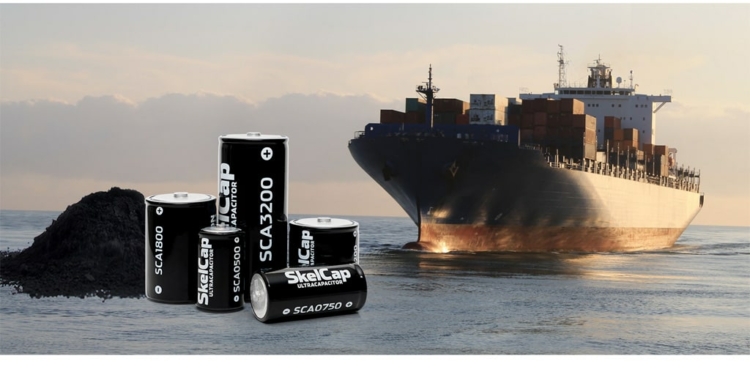Source: Skeleton news
ONS, Norway, 28th of August 2018. Skeleton Technologies and MJR Power and Automation Ltd. have signed a contract to commercialize Skeleton Technologies ultracapacitors in MJR’s systems.
Skeleton Technologies and MJR are introducing water-cooled 170V ultracapacitor module technology for the X-Wave Active Heave Compensation (AHC) systems. Currently, the first module is being built for testing in the North Sea with further systems planned for 2019.
The 170V ultracapacitor module enables recovery of energy during the ‘heave up’ phase and releasing it again during the ‘heave down’ phase. This can reduce the overall system power demand by up to 75% and therefore reduce the total peak power required from the vessel or generator supply. Unlike batteries, ultracapacitors have up to 15 years of lifetime and no need for maintenance, which brings additional cost savings.
In fail-safe stoppages in case of emergencies such as a “blackout” situation, the locally stored energy can enable a controlled stop under load, thus reducing the potential for mechanical damage to the rotating machinery, load, or auxiliary equipment.
“Choosing to work with the best ultracapacitor manufacturer on the market was easy. Not only is their technology best suited for our marine and offshore applications but they care deeply about establishing long-lasting relationships with support to us and our clients. Ultracapacitors are suited to AHC applications, as well as all back of deck rotating machinery and systems where high availability and safety are paramount. In addition, Skeleton’s ultracapacitors and MJR’s power conversion systems can provide vessels and rigs with transient support by strengthening the network and improving voltage and frequency response, preventing or minimizing blackout impacts.”, commented Mr. Paul Cairns, Managing Director at MJR Power & Automation.
Mr. Taavi Madiberk, CEO of Skeleton Technologies, said: “Where Skeleton Technologies’ advantage lies is in the low internal resistance of our ultracapacitors. This drastically increases the energy saving potential of MJR’s systems and makes working at sea safer and more economical.”


